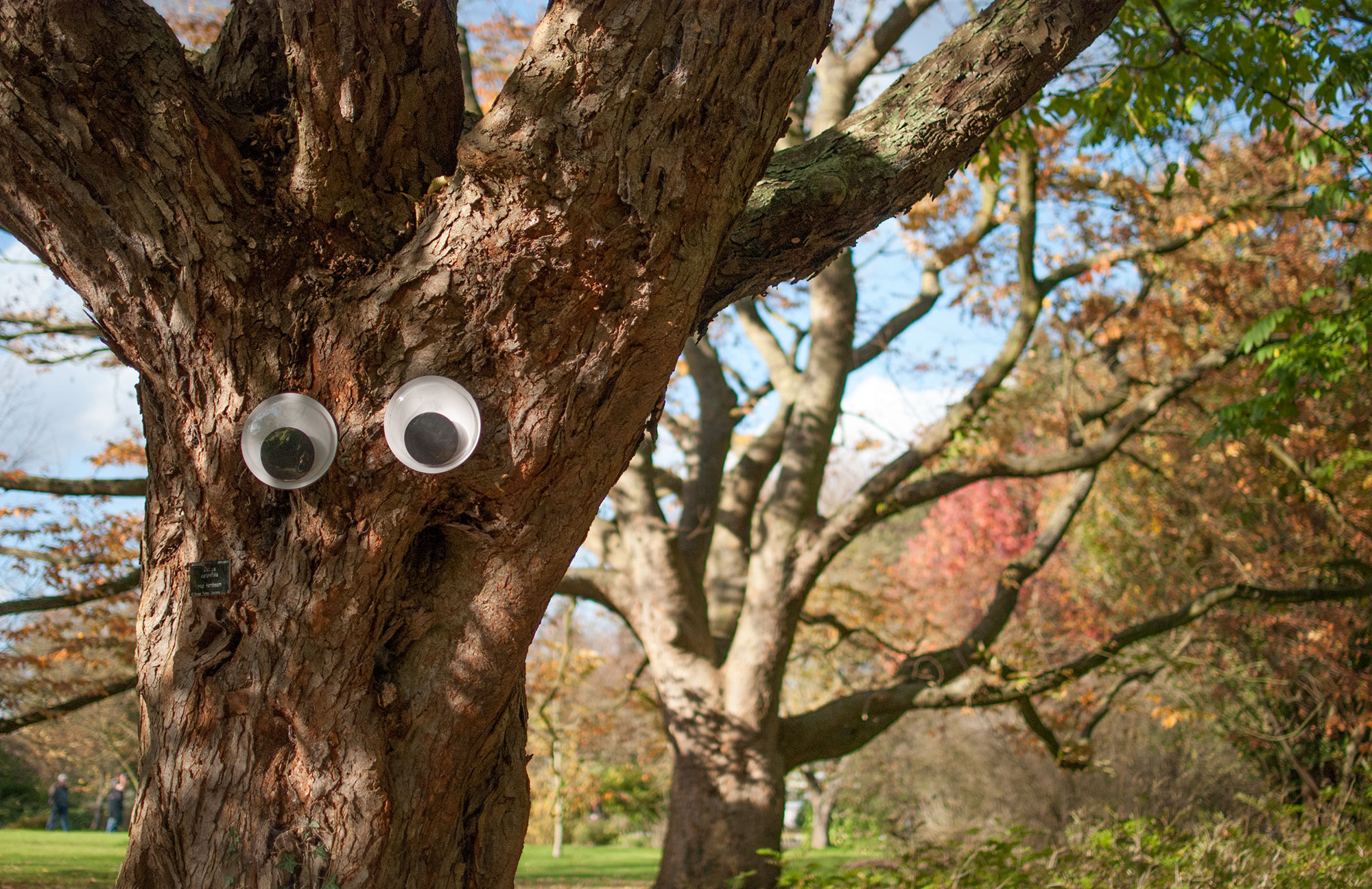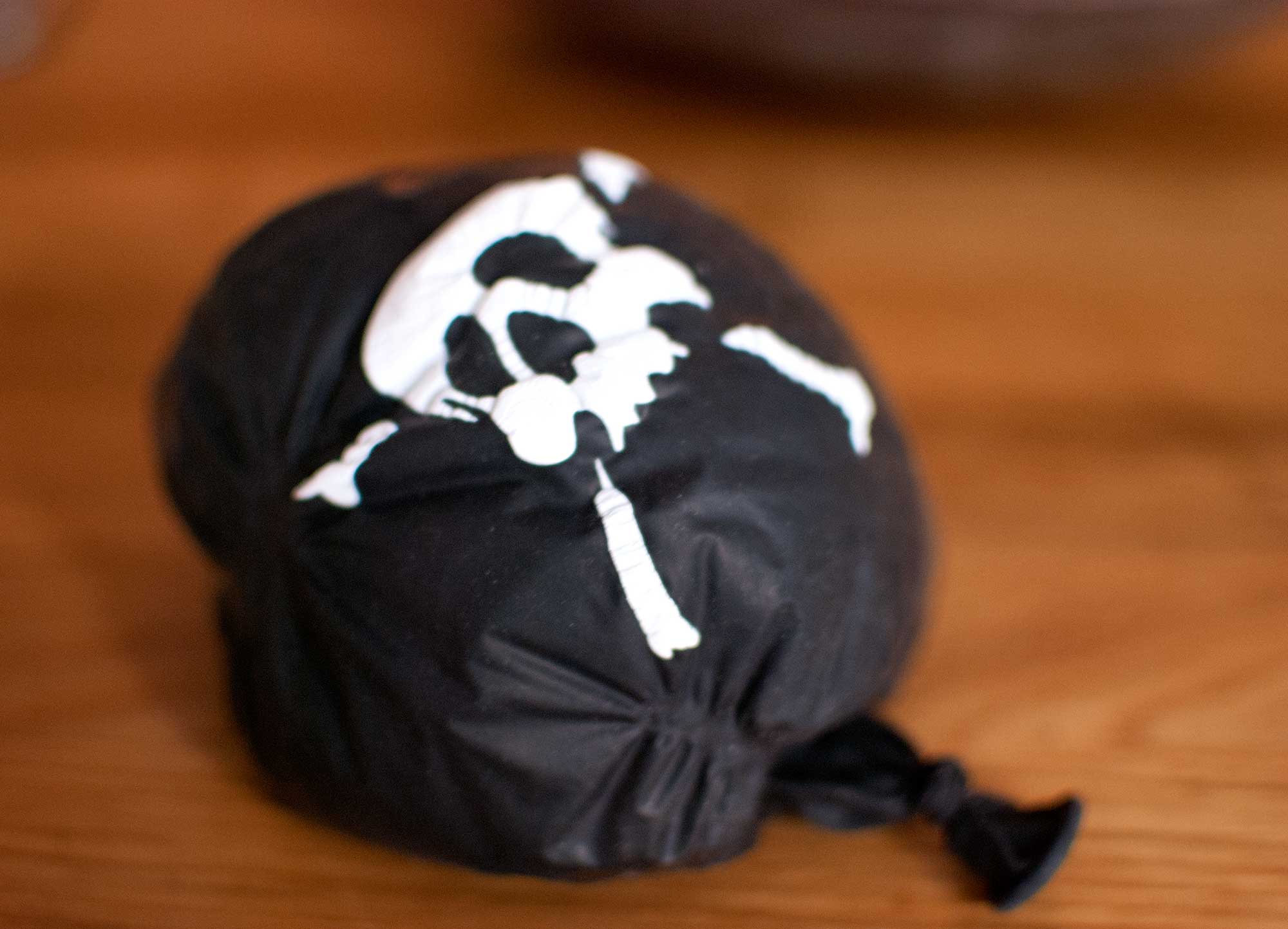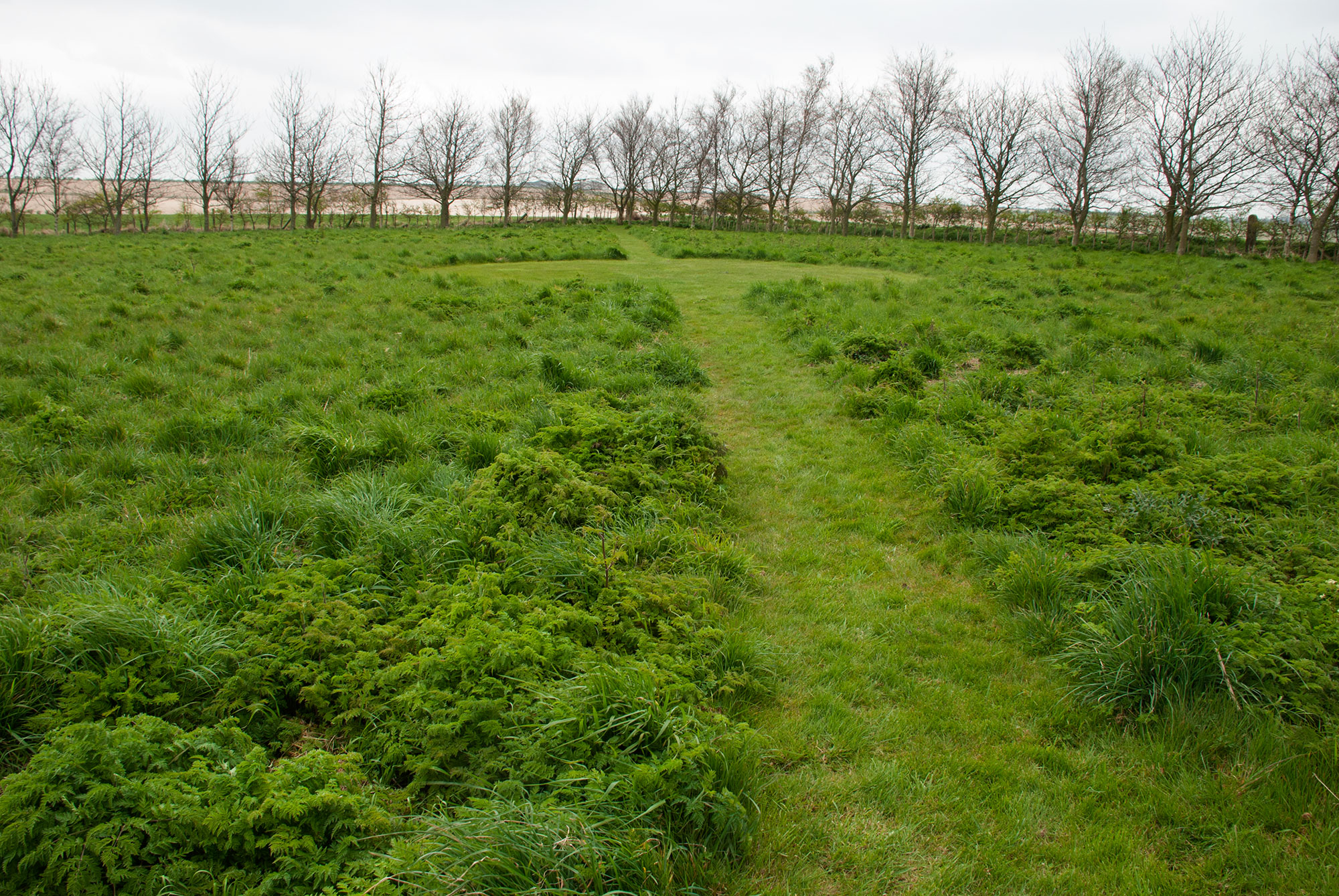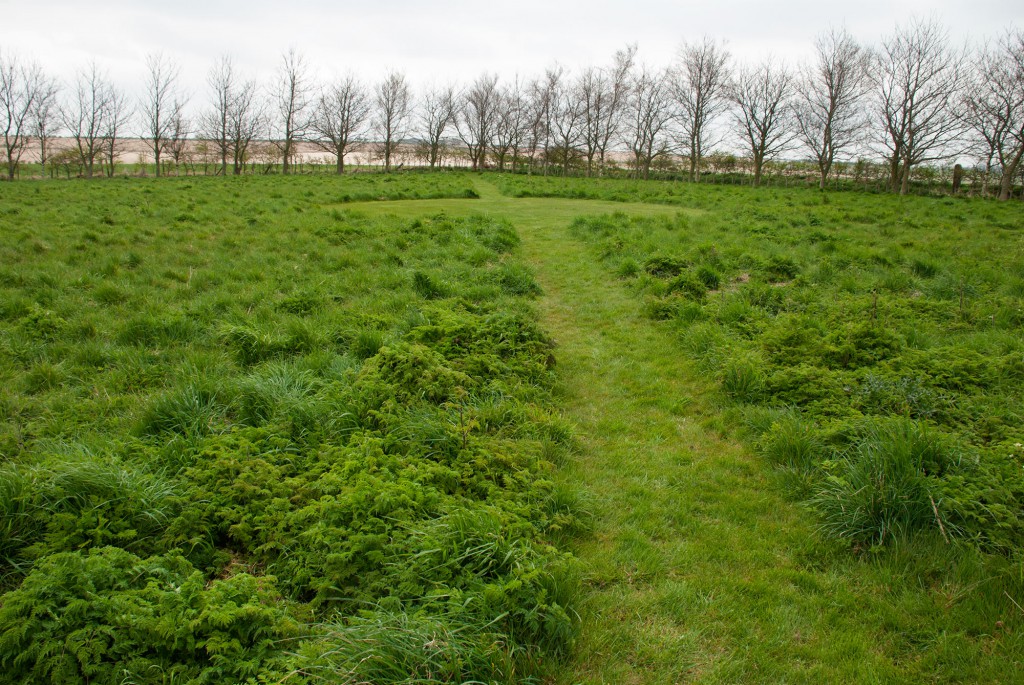This is the second part of my candida cleanse collection of posts.
What can we do after finding our spit sinks first thing in the morning? (please see the previous post for details on sinking spit here).
I’ve entered into this protocol with a bit more vigour than in the past and am now into my 3rd month of a daily diet of pretty much no sugar, booze, yeast and/or vinegar but lots of fresh veg (mostly greens less starch) and no sweet fruit (green apples and blueberries are ok in moderation). Recently I have reintroduced fermented vegetables (I describe the making of them here).
I checked my spit this morning as I’ve been feeling slowly, slightly a little better in a number of areas.
- My limbs feel more… reliable,
- my balance seems more centred (I don’t feel like I might overbalance and fall over as much and
- my head feels clearer. I appreciate none of those statements sound like gamechanging successes but
- I no longer crave sugar! That I consider to be a resounding success.
- I treated myself with a square of 85% dark chocolate and there’s still a quarter of the square left this morning!
I’m still not great at carrying two cups of hot liquid in both hands at once (a few drops spilt but neither cup tipped) these are all tiny signs (to me at least) that things are changing. Grated ginger in one and loose leaf green tea in a yellow submarine in the other are both I believe, polyphenol rich and therefore, desirable?
I have a question mark as there are so many things I don’t myself have proof of and have to take it on trust that various people on the internet aren’t lying to me and as far as I know, I’m not lying here either but like I mention in various other posts, your best bet is to do lots of reading from lots of different places and become your own research and/or researcher.
Anyway, let’s get on to how these happy changes may have come about.
In the previous post I spoke of hugely reducing my sugar intake, stopping booze, vinegar and generally what could be considered as excess starch consumption. It’s not like I was a booze hound or I ate all the cakes every day but even a tiny amount was giving fuel to the yeasts that I felt had grown out of control in me resulting in recurrent UTIs, fatigue and fierce sugar cravings.
Along with those dietary changes I followed the regimen of antifungals as suggested by Christa Orecchio when talking to Sean Croxton (both of whom I believe I mentioned in the previous post. So, I’m hoping to try and get rid of
- recurring yeast infections
- remorseless fatigue
- bloating and gas
- poor memory
- brain fog.
At every meal, I have been starving the yeast of its favorite food (by not eating those foods) aswell as, in 4 day rotations, taking two at a time of:
- pau d’arco
- olive leaf extract
- oil of oregano (this one is cruel as the smell reminds me of Italian food!)
- grapfruit seed extract
- uva ursi
As well as my
- Betaine HCL supplements with every meal (the dosing of this supplement deserves its own post – watch this space).
This supplement enhances the amount of stomach acid to help digest a meal. When things are ticking along nicely Hydrochloric acid should be your first line of defense in killing pathogenic bacteria from food but age, a history of disordered eating, antibiotic use, stress and low salt diets can all interfere with our body’s natural ability to produce it. Every morning, before food I take a spoonful of
- Diatomaceous Earth and
- Bentonite Clay mixed with water.
The clay has a positive charge which can be lessened when it comes into contact with metal. Luckily the company I bought it from supplied a wooden spoon. The DE (food grade) has really sharp edges that scour out your gut and the clay clings to particles. Essentially the two products together behave like Harvey Keitel in any number of his roles as a ‘cleaner’ in films. Combined they remove the evidence of the bacteria’s presence in your body.
I think this subject could be spread into a third post but for the moment I’m stopping here. My spit was floating and I thought it might be safe to have a glass of wine, it wasn’t. So, I’m back to ensuring my spit doesn’t drown! I’ll keep you informed of changes.
I mention SIBO in the title and honestly have little idea of the difference in action of an opportunistc yeast and a Small Intestine Bacterial Overgrowth as I haven’t gone as far as sending my stool off to be analysed. I’ll see what I can do on my own for the moment as I understand there is some overlap between having an overgrowth of one organism when compared to another.












